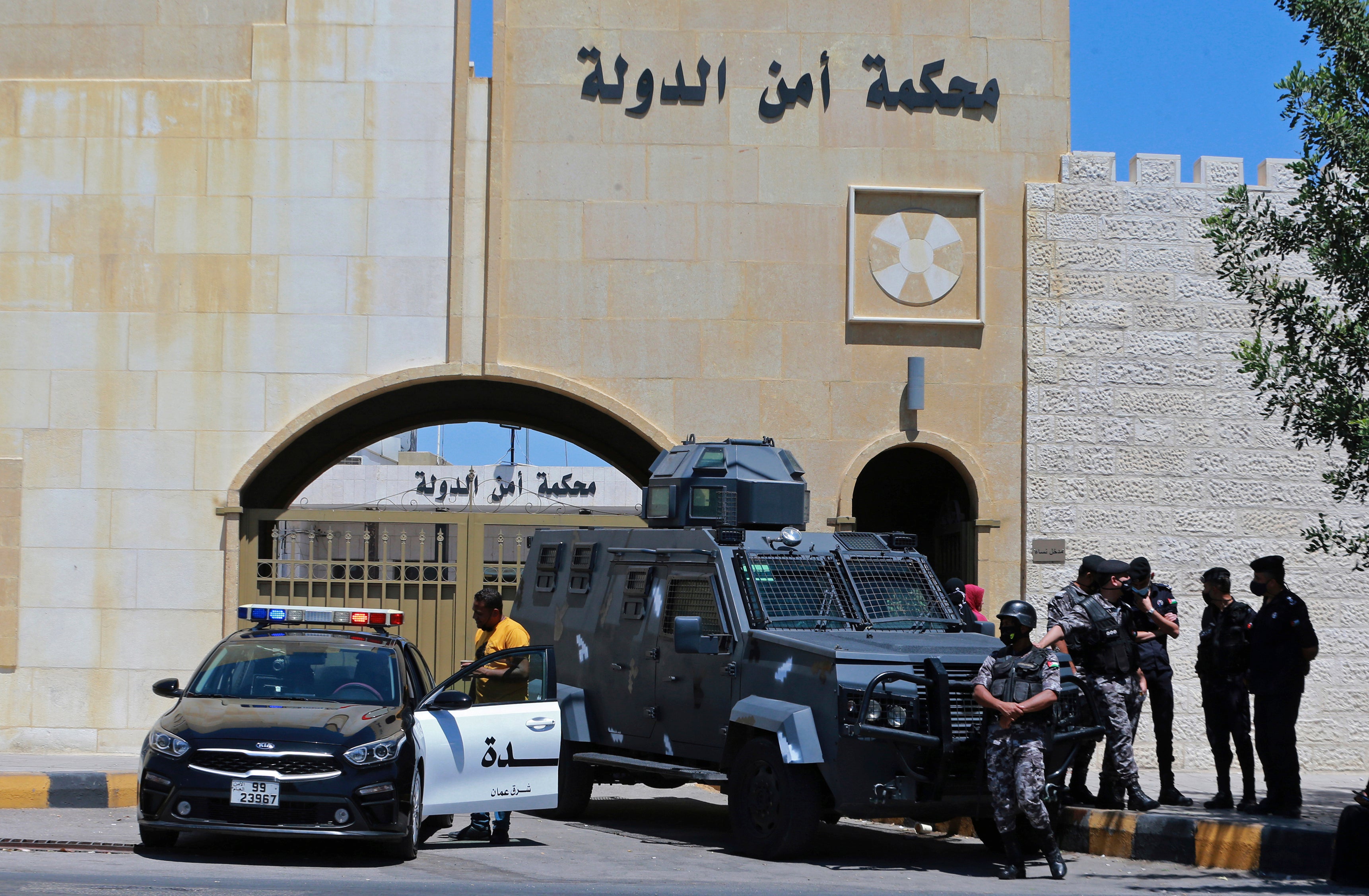Jordanian court upholds convictions in royal plot
A Jordanian court has upheld the convictions of two former senior officials on sedition and other charges connected to an alleged plot against the kingdom involving the half-brother of King Abdullah II

Your support helps us to tell the story
From reproductive rights to climate change to Big Tech, The Independent is on the ground when the story is developing. Whether it's investigating the financials of Elon Musk's pro-Trump PAC or producing our latest documentary, 'The A Word', which shines a light on the American women fighting for reproductive rights, we know how important it is to parse out the facts from the messaging.
At such a critical moment in US history, we need reporters on the ground. Your donation allows us to keep sending journalists to speak to both sides of the story.
The Independent is trusted by Americans across the entire political spectrum. And unlike many other quality news outlets, we choose not to lock Americans out of our reporting and analysis with paywalls. We believe quality journalism should be available to everyone, paid for by those who can afford it.
Your support makes all the difference.A Jordanian court on Thursday upheld the conviction of two former senior officials on sedition and other charges connected to an alleged plot against the kingdom involving the half-brother of King Abdullah II.
Bassem Awadallah, who has U.S. citizenship and once served as a top aide to the king, and Sharif Hassan bin Zaid, a member of the royal family, were sentenced to 15 years in prison in July by a state security court. They were accused of conspiring with Hamzah, a former crown prince, and of seeking foreign assistance.
They had been swept up in a wave of arrests in April. Prince Hamzah, who was placed under house arrest that month, denied being part of any conspiracy and said he was being targeted for speaking out against corruption. The king later announced that the royal rift had been resolved within the family, and Hamzah was never charged with anything.
Jordan is a close Western ally that hosts hundreds of thousands of refugees and has long been seen as an island of stability in a volatile region. But the rare palace feud exposed deep-rooted economic and social challenges in the country, which borders Israel, the occupied West Bank Syria, Iraq and Saudi Arabia
Awadallah’s U.S.-based lawyer, Michael Sullivan, had slammed the initial verdict, saying there had been a “complete lack of due process” and that his client had suffered “inhumane treatment, including beatings and psychological torture.” Jordanian prosecutors denied those allegations.
Last month, the U.S. Embassy in Amman expressed concerns about allegations of mistreatment and the denial of family visits.
On Thursday, the Court of Cassation dismissed an appeal field by lawyers for the two men, saying they were convicted in accordance with the law, according to the state-run Petra news agency.